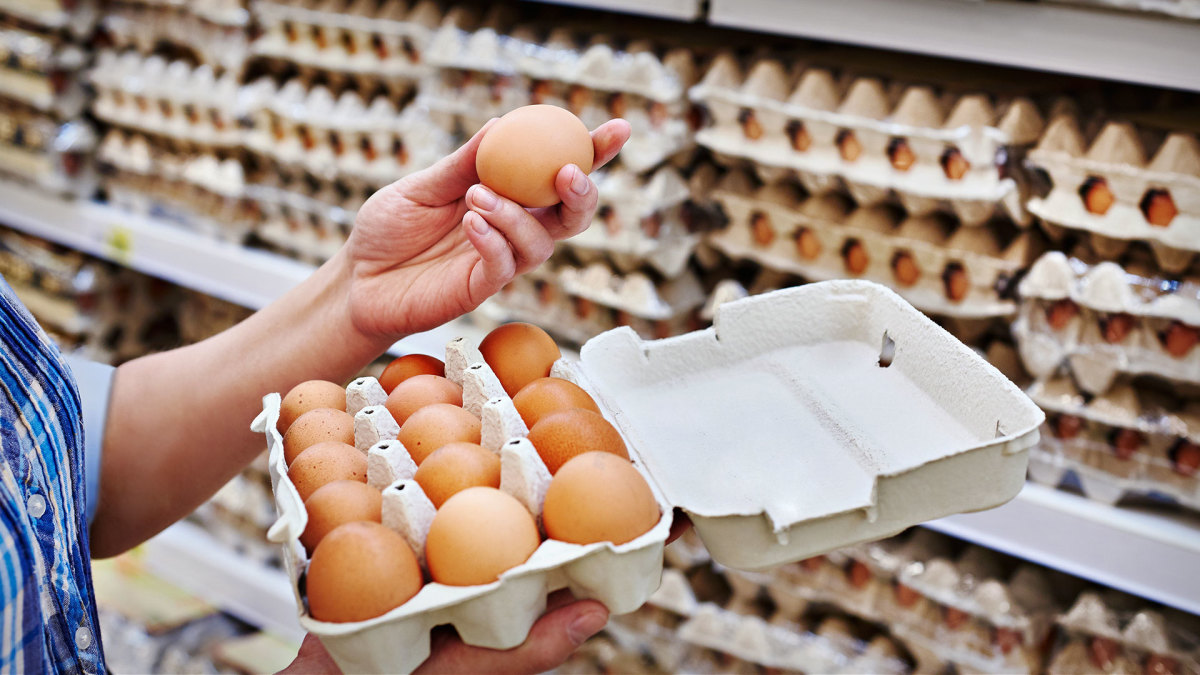
Transcript:
Conway Gittens: I’m Conway Gittens reporting from the New York Stock Exchange. Here’s what we’re watching on TheStreet today.
The Dow set a fresh record closing high on Monday thanks to Trump optimism. Scott Bessent, Donald Trump’s pick for Treasury Secretary, plans to make tax cuts a priority, according to the Wall Street Journal.
On Tuesday’s calendar we have minutes from the Federal Reserve’s November meeting, readings on new home sales, the S&P/Case-Shiller Home Price Index, and consumer confidence.
Related: Inflation indigestion: How we're grappling with high food prices
And speaking of shopping, one key ingredient for Thanksgiving dinner is going to give you sticker shock this holiday. The price of eggs were already up more than 30 percent from a year ago heading into the holidays, according to the October consumer price index. And that number is getting worse as Thanksgiving demand kicks in. In the New York area for example, the wholesale price for a dozen large white eggs went to $4.23 as of mid-November from $2.43 a year ago. That 54 percent price increase is being passed on to the consumer. I went Thanksgiving shopping over the weekend and a dozen large eggs cost $4.99.
So why are eggs so expensive? It all boils down to the laws of supply and demand. Sure demand is up during the holidays but that’s only half the story. Supplies are way down this year due to Avian flu. The American Farm Bureau Federation says nearly 10 percent of the nation’s egg supply has been wiped out since 2022 because of Bird Flu. And a recent outbreak is likely to take 60 million eggs out of the food supply, according to a report by the U.S. Department of Agriculture.
And it’s not just the price of raw eggs that’s going to hit you in the wallet. Eggs are the main component in mayonnaise and a key ingredient in pasta - so expect to pay much more for those food items as well.
That’ll do it for your Daily Briefing. From the New York Stock Exchange, I’m Conway Gittens with TheStreet.
Watch ICYMI This Week:







